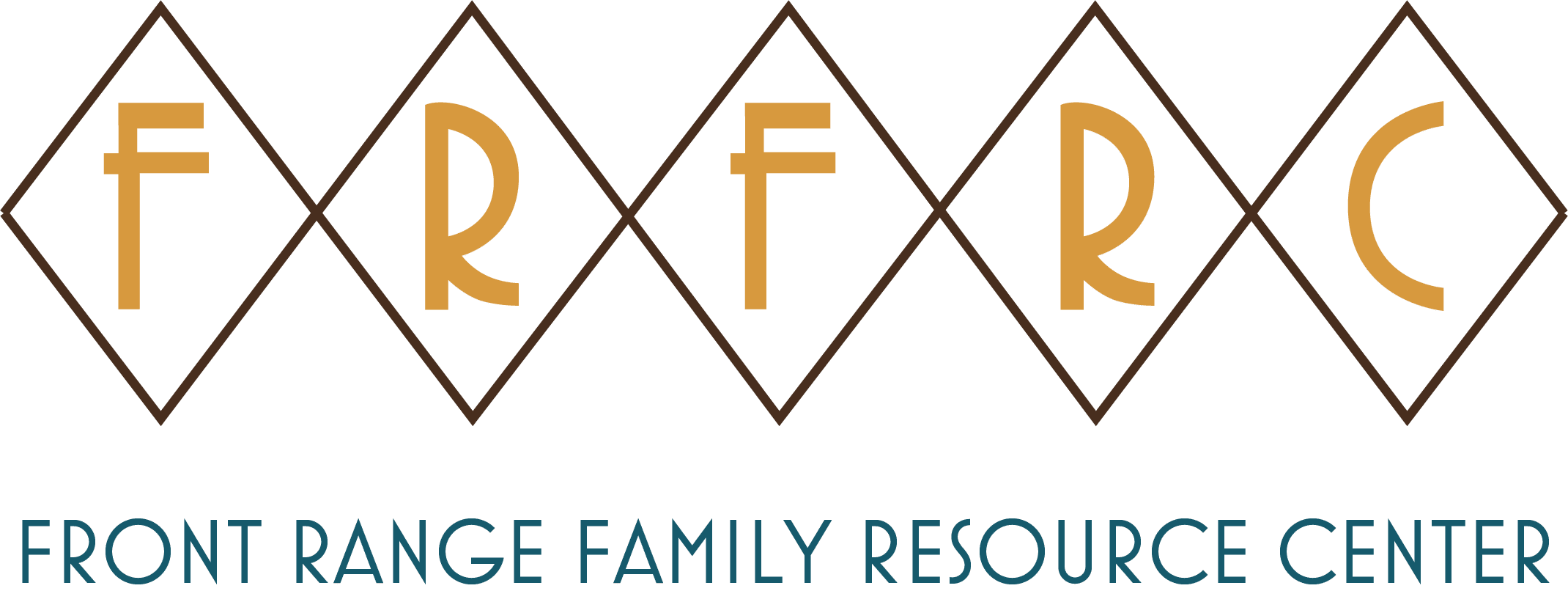Something Feels Off—But You Can’t Quite Name It … is it Trauma or Anxiety?
You’re restless. On edge. Hyper-aware of your surroundings. Maybe you can’t sleep, or your heart races in moments that don’t make sense. People have told you, “You just have anxiety,” but deep down, you wonder if there’s more to it.
At Front Range FRC in Wheat Ridge, CO, we hear this all the time from clients navigating the subtle and confusing space between trauma vs anxiety.
They’re not imagining it—and neither are you.
Understanding the overlap between trauma and anxiety is often the first step toward real, lasting healing.
The Refusal: “Maybe It’s Just Anxiety”
It’s common to brush it off. Maybe you’ve even tried meditation, journaling, or deep breathing—tools that work for many people with anxiety. But they haven’t helped in the way you hoped.
Part of you might think:
- “I’m just too sensitive.”
- “I should be over this by now.”
- “It’s probably just stress.”
This is the refusal phase of the healing journey—when we dismiss or minimize what’s actually going on beneath the surface.
What’s the Difference Between Trauma and Anxiety?
Let’s break it down:
| Dynamic | Anxiety | Trauma |
|---|---|---|
| Origin | Response that is rooted in future fear or chronic stress, or a past experience | Rooted in past experiences that overwhelmed your nervous system due to the shock of trauma |
| Symptoms | Worry, racing thoughts, irritability, muscle tension | Flashbacks, emotional numbness, hypervigilance, startle response |
| Response | Fight-or-flight state triggered by worry (overthinking) | Survival mode based on past danger, even if it’s no longer present |
| Treatment | Can respond to mindfulness, medication, gestalt therapy, and other modalities | Often requires trauma-informed therapy, nervous system work, and body-based approaches |
The tricky part? Trauma can cause anxiety, and long-term anxiety can feel like trauma. That’s why working with professionals who understand both is key.
Crossing the Threshold: A Better Understand of Trauma vs Anxiety
Many clients come to us after years of trying to treat “anxiety” with little success—only to discover that unresolved trauma was running the show.
That moment of realization is powerful. It’s when they cross the threshold into real healing. And with the right support, you can too.
We often combine therapy, somatic approaches, and medication management when appropriate. Because you deserve more than symptom relief—you deserve transformation.
How We Help at Front Range FRC in Wheat Ridge, CO
- Trauma-informed assessments to clarify what you’re actually experiencing
- Individualized treatment plans based on your history and current symptoms
- Therapists trained in both trauma and anxiety responses
- Integration of body-based tools and traditional talk therapy
- Optional medication management if symptoms are affecting your daily life
You’re not broken. You’re responding normally to an abnormal experience—and we can help you untangle that.
You’re Not Alone—and You’re Not Crazy
Whether it’s trauma, anxiety, or both, the impact is real. Your suffering is valid. And healing is absolutely possible.
The hardest part is taking that first step toward clarity—but once you do, you’ll start to feel more like yourself again.
The National Center for PTSD has useful links you can engage with now.
Contact us now to see how we can help you with your mental health needs.
